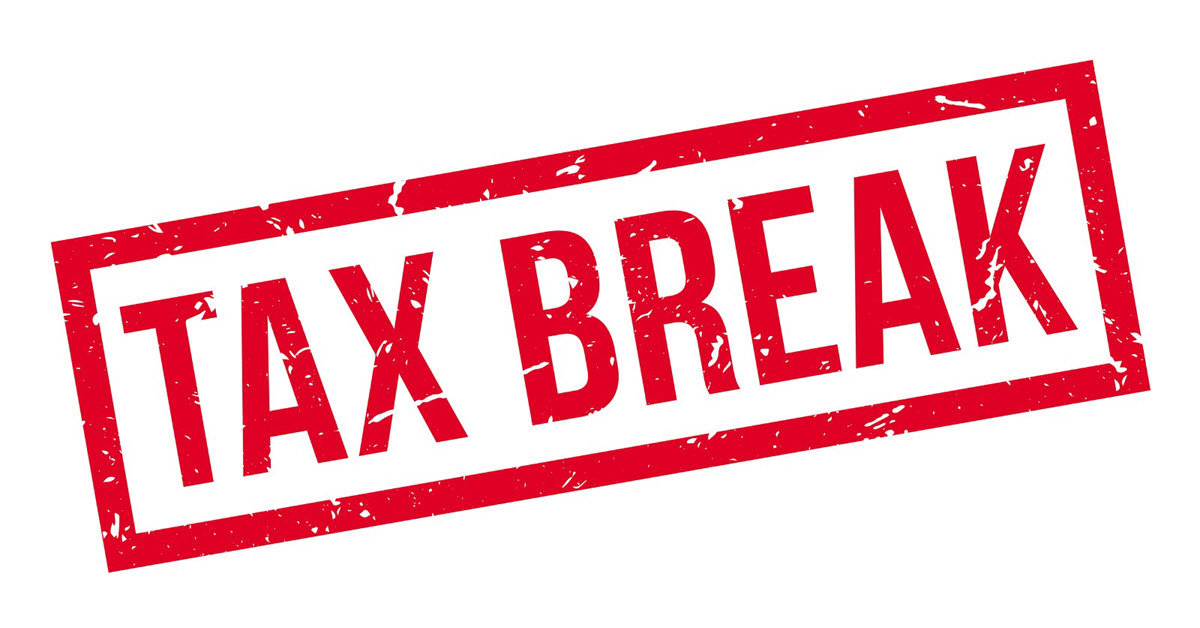
Buying a home is an expensive undertaking, but homeowner-exclusive tax deductions and credits can help lower the cost. Educating your prospects on the following tax breaks might motivate them to take the leap into homeownership.
Tax deductions, credits, and exclusions for homeowners
Mortgage interest
In general, the mortgage interest deduction is the biggest tax break available to homeowners.
Homeowners can deduct mortgage interest on the first $750,000 (or $375,000 if married and filing separately) of debt. For homes purchased before December 16, 2017, the IRS allows interest deductions up to $500,000 (if married and filing separately) or $1 million (if filing jointly) for loans used to purchase, build, or improve the home securing the loan.
This tax deduction is especially helpful in the beginning stages of a mortgage when payments go toward paying off interest instead of the principal.
Mortgage points
When buying a house, some borrowers pay “points” to the lender to get a mortgage. This fee is usually a percentage of the loan amount.
Homeowners can deduct the full value of the points in most situations if the amount paid is typical for the area and the mortgage is on a primary home.
Surprisingly, homeowners can deduct the points even if the seller paid them to the lender as part of the home purchase deal! The deductible amount will be listed on the 1098 tax form sent by the lender.
Property tax
Homeowners who itemize their deductions can deduct some or all of the property taxes they pay on their primary residence and any other owned real estate if the property is for personal use.
An important thing to remember about the property tax deduction is that homeowners must claim it during the year they actually made the payments. For example, if they paid first quarter 2020 property taxes in December of 2019, they would need to take the deduction on their 2019 taxes.
Private mortgage insurance (PMI)
This deduction treats mortgage insurance premiums like mortgage interest for tax purposes. Homeowners who made a down payment less than 20% of the home purchase price are likely paying private mortgage insurance each month. Though the rules have seesawed in recent years, PMI is currently tax-deductible at the publication of this article in 2021.
Homeowners paying PMI may be eligible to claim the deduction on their federal income tax return. To claim this deduction, homeowners must itemize and make no more than $109,000 (if filing jointly), and the mortgage itself must be for the primary residence.
Home office
Certain homeowners who work out of their home are eligible for the home office deduction. The IRS allows homeowners to write off some of the expenses required to conduct business from the home.
Two important prerequisites are needed to claim this deduction: homeowners must regularly use their home exclusively to conduct business (i.e., running a business out of a spare room), and they must be able to prove that their home is their principal place of business or a place where they regularly meet with clients.
If a home office is in an unattached structure, the homeowner can qualify for the write-off if they use the space regularly and exclusively for business. Home office deductions are usually based on the percentage of the home or the square footage of the room or rooms used for business.
Remember, to take advantage of any of these tax benefits, homeowners must itemize their deductions on their tax returns, which means forgoing the standard deduction. And always advise your clients to talk with their tax specialist to fully understand all the deductions available to them.
Homeownership is not a step anyone takes lightly. Informing your prospects about the potential tax benefits of owning a home may help make taking that step a little less daunting.
Contact an accounting professional before making any financial decisions. The material in this article is for your information only and not intended to be used in lieu of seeking additional consumer or professional advice.








